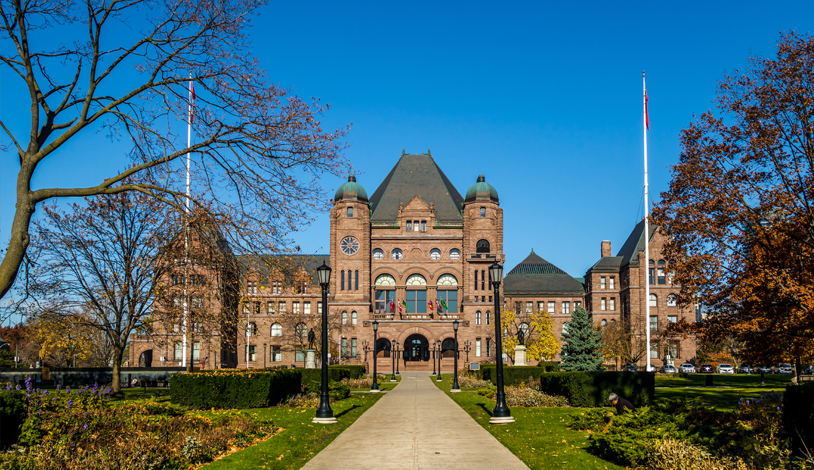Mail: clients@gspimmigration.com
Phone: + 852 63191963
Mail: clients@gspimmigration.com
Phone: + 852 63191963
Home-POLITICAL SYSTEM

Responsibilities and powers are divided between the federal branch and its provincial executives. Immigration, Refugees and Citizenship Canada (IRCC) is a department of the government of Canada.
The government of Canada and the Canadian political system are quite complex, and based loosely on the British Westminster system. The system Canada follows today was initially drafted by the "Fathers of Confederation" in 1864, and became law in 1867 when the Constitution Act was passed. The Act gave executive authority to the Queen of Great Britain and Ireland (as was the official title for the Monarch at the time), which made Canada a sovereign constitutional monarchy.
The federal government has the power to create laws for the peace, order, and responsible government of Canada. This includes federal jurisdictions such as international affairs, defence, immigration, criminal law, customs and border control. The provincial governments are responsible for, or share jurisdiction over, healthcare, education, and driver licensing and registrations, among other items.
The Canadian political establishment is centered in Ottawa, Canada's capital, with the two houses of Parliament situated on Parliament Hill. There is an upper house, The Senate, and a lower house, The House of Commons. Members of the House of Commons are called "Members of Parliament" (MPs), and are elected by the people to represent their interests and deliberate on various national issues affecting Canadians.
Electoral districts are divided into geographical areas known as ridings. The candidate with the most votes in the riding in which he or she is standing for office wins the authority to act in the best interests of the riding by taking his or her "seat" in Parliament.
The provincial political systems are based on the same doctrine as its federal counterpart. The provincial governments are referred to as "Legislative Assemblies" (except the "National Assembly" of Quebec), and the Queen's representative in each Assembly is called the "Lieutenant Governor". Generally, every four or five years an election is called by the reigning Premier. Pending the results of the election, the Lieutenant Governor will ask the leader of the party with the most seats in the Assembly to become the Premier of the province and form a government.
GSP Immigration - Copyright 2022.